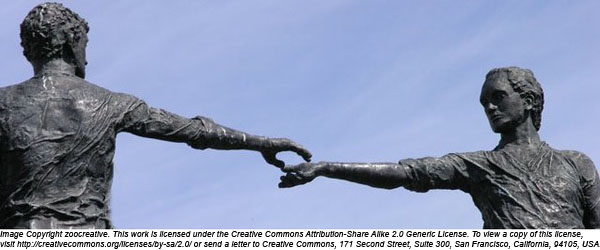
Northern Ireland Archive
Files
Download Full Text (137 KB)
Date of Film
2008-05-30
Description
Dominic Bryan is an anthropologist and a research partner of Neil Jarman. Bryan discusses how physical space is related to the conflict between the Republicans and Loyalists. He discusses divided communities and how people from one town do NOT go into another town with a different religion. He talked about how this started through the Civil Rights movement. Bryan discussed public order difficulties and how parades were banned and got out of hand at times. The changing from the Protestants controlling everything to everyone having a fair share was mentioned, as well as the difficulty in transitioning to that. He then asks if the conflict will really every be solved.
Keywords
policing; integration; boundaries; identity; negotiation of identity; social construction of identity; space; power; civil rights movement; Dominic Bryan; conflict; Bloody Friday; loyalists; unionists; nationalists; protestants; catholics; republicans; apprentice boys; orangemen; orange parade; sectarianism; parades; St. Patrick's Day; Eleventh Hour bonfires; Derry; Belfast
Disciplines
Sociology
Rights
yes
Subject/ Interviewee
Dominic Bryan
Topics covered
A discussion of how physical space was related to the conflict between the Republicans and Loyalists. Communities were sharply divided in space, so people from one town would NOT go into another community dominated by a different religion. Bryan makes strong arguments about how government policies supported the power of one group---usually Protestants---against their sectarian opponents and how this led to spacial and symbolic features that fostered identity formation and a sense of confdence and empowerment in one group at the expense of the other.



Video characteristics
Bryan gives his consent to be taped, and the video begins. The entire tape is of Bryan's presentation on the screen. The video quality and lighting were good, but it didn't need to be because the entire video was a full screen shot of the powerpoint presentation. The audio was good. He was difficult to hear at a spot or two but Bryan was loud enough so the camera picked up everything. Anything the audience said was dreadful to hear, but no one said much so it really didn't make an impression on the video.